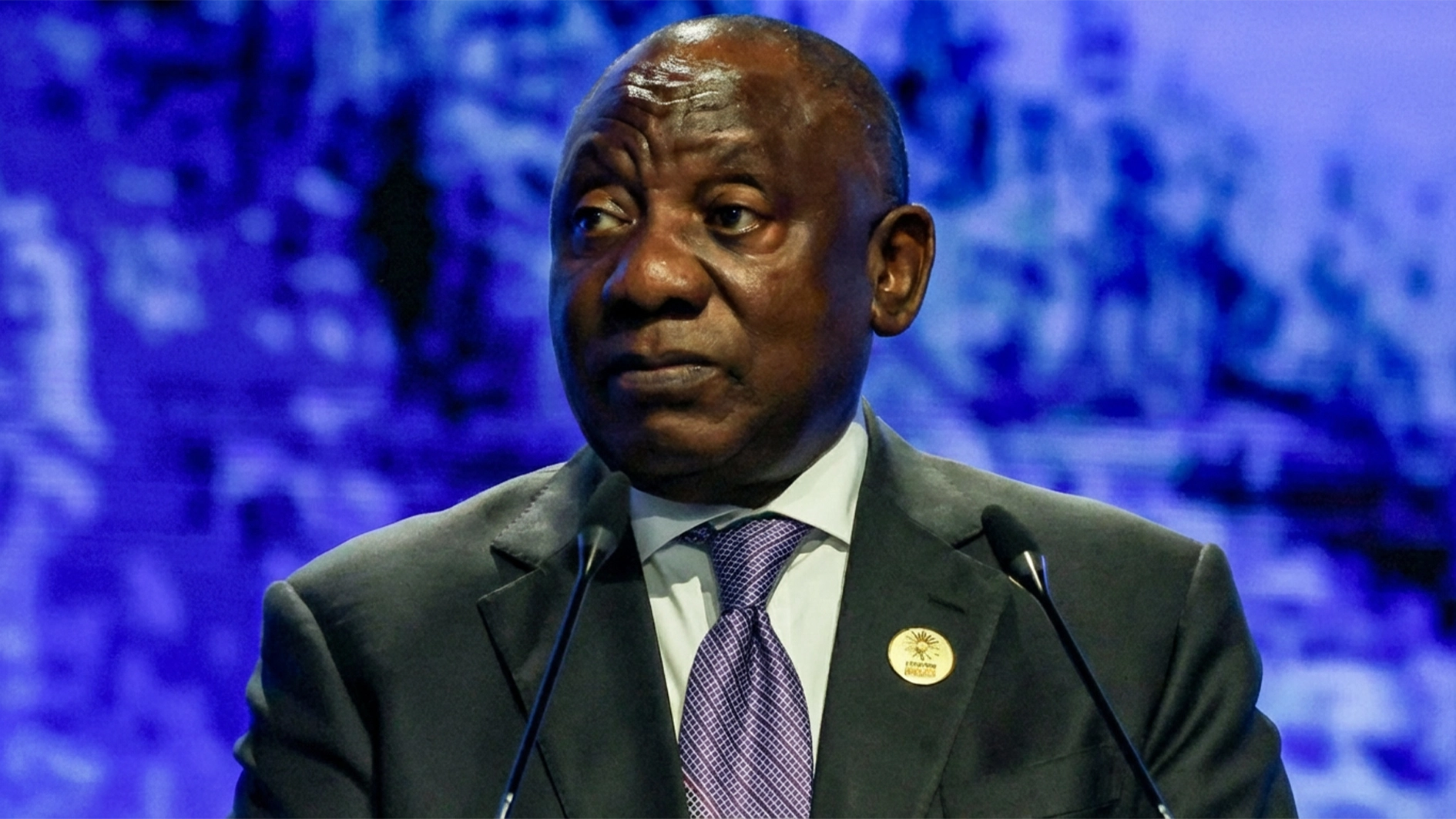[dailymotion code=”kL1WzDPZ22exAZy0H95″ autoplay=”yes”]
Civilian deaths and rights abuses attributable to the Malian armed forces surged in the first quarter of 2022, a United Nations report said on Monday.
While jihadists remain the biggest source of violence against civilians, there was an “exponential rise” in fatalities and other abuses linked to the armed forces, “supported by foreign military elements”, the UN’s MINUSMA peacekeeping force said.
The total number of people killed in the first quarter of 2022 by all parties in the conflict — jihadists, militias, self-defence groups and security forces — quadrupled over the last three months of 2021, rising from 128 to 543.
A total of 248 civilian deaths were attributable to the defence and security forces, the report said.
It recorded 320 human rights violations during this period that could be blamed on government forces — a tenfold increase over the last quarter of 2021 when 31 cases were documented.
The report did not identify the “foreign military elements” supporting the army.
Daniela Kroslak, Deputy Special Representative for MINUSMA, l, said the UN was “very concerned” about the overall security situation in Mali, and the deterioration she said was taking place in central Mali and in the so-called tri-border area with Burkina Faso and Niger.
– Jihadist insurgency –
The landlocked Sahel country has been battling a jihadist insurgency since 2012.
In August 2020, soldiers disgruntled at the mounting military toll ousted the elected president, Ibrahim Boubacar Keita.
The junta then wove closer ties with Russia, bringing in personnel it describes as military instructors, but which France and others say are operatives of Wagner, the controversial Kremlin-linked security firm.
The arrival of Wagner personnel was one of the reasons given by France in announcing in February its military withdrawal from Mali after nearly a decade-long deployment aimed at fighting jihadists.
Paris also argued that the Malian authorities had repeatedly obstructed their operations.
MINUSMA reported the deaths of at least 21 civilians who it says were summarily executed by the Malian Armed Forces, and others reported missing.
The report also records the discovery of 35 charred bodies, including those of people previously arrested by the armed forces, a claim the Malian authorities have denied.
Most of the victims of these were members of the ethnic Fulani, or Peul, community, accused of harbouring jihadist sympathies.
“In addition to extrajudicial, summary or arbitrary executions and other killings, the UN report included 45 cases of enforced or involuntary disappearance and several cases of arbitrary arrest as well as “torture and cruel, inhuman or degrading treatment”.
These “well documented” abuses were specifically attributable to Malian security forces, the report said.
– ‘Public freedoms restricted‘ –
Guillaume Ngefa, MINUSMA’s human rights director, said during a videoconference that the toll figures released “do not include the events in Moura,” a central village where there were reports of a massacre of civilians in March.
Human Rights Watch (HRW) has said that Malian soldiers and white foreign soldiers executed 300 civilians in Moura, in the centre of the country, between March 27-31.
Mali says it “neutralised” 203 jihadists in Moura.
Ngefa said a MINUSMA investigation into those killings was “very advanced” but not yet complete.
The Malian authorities have still not allowed UN experts to visit the site.
The MINUSMA report noted that the Malian authorities had announced their own investigation into the events in Moura.
They have told the UN mission that accesses to the site will be “considered” once their own investigation is finalised.
The MINUSMA report, more generally, pointed to a “continuous narrowing” of democratic debate, and restrictions in the exercise of public freedoms.






